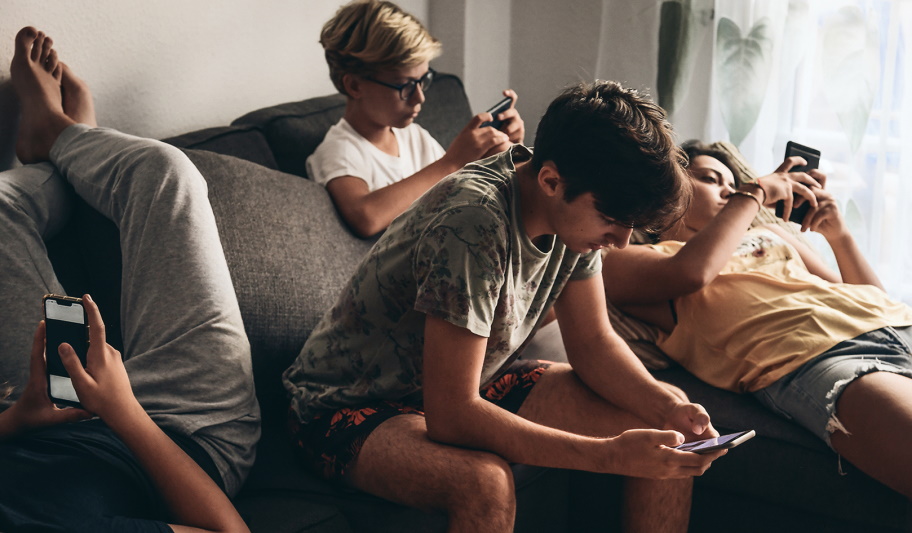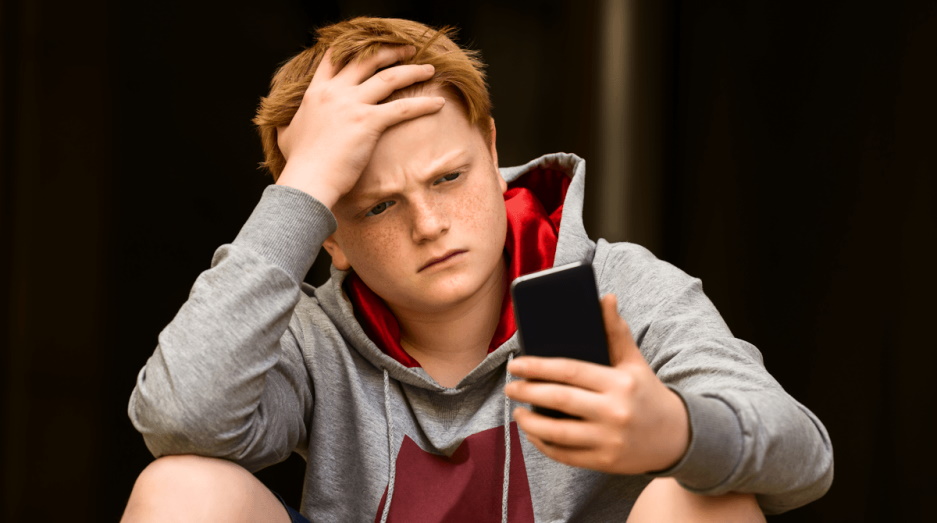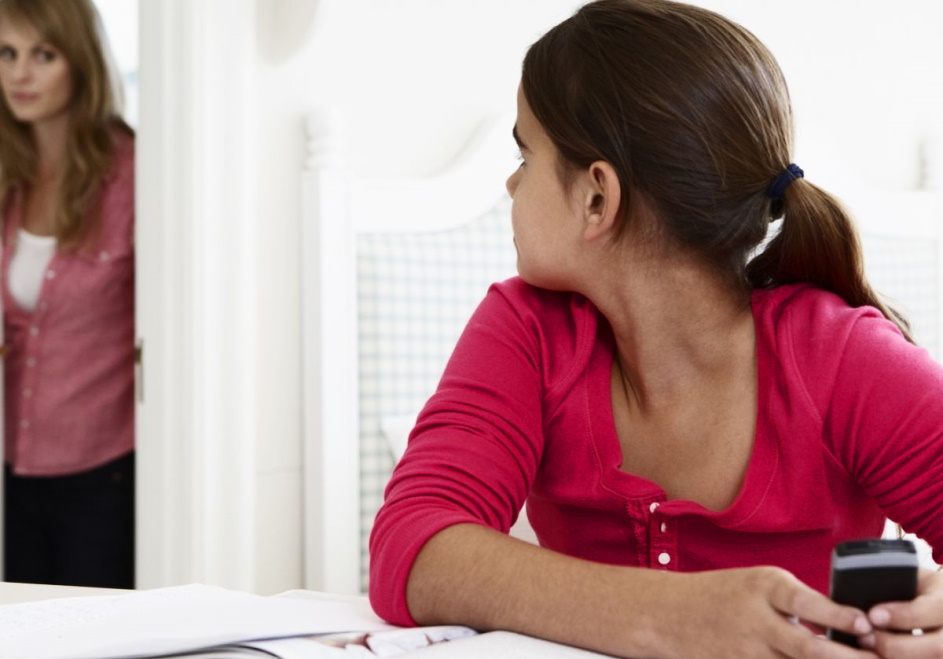
The Negative Effects of Social Media on Children and How to Combat Them
Are you one of those parents who constantly scrolls through your phone while your children are trying to talk to you? If so, you’re not alone. A recent study found that over 60% of American parents admit to using their phones during meals with their kids. And it’s not just at mealtimes; many parents admit to using their phones around their children all the time, even when they’re supposed to be paying attention to them. So what’s the big deal? Why is it such a problem if we’re just checking our phones for a minute? The answer has to do with social media.
The impact of social media on children
Social media can be a positive force in the lives of children and adolescents. It can provide a platform for positive self-expression and engage young people in creative and educational activities. However, social media also can present certain risks. For example, young people may be exposed to inappropriate content, including violence, sexual material, and drugs. They also may be subject to cyberbullying or other forms of online harassment. In addition, social media can have a negative effect on body image and self-esteem.

Parents should speak with their children about the importance of safe social media use, including responding to other users’ comments appropriately and respecting others’ privacy. Additionally, parents can limit their child’s access to certain types of content or require that they only visit certain sites or apps approved by the parent.
Tips for teaching kids to be smart about social media
Social media is a great tool for connecting with friends and family, but it can also be difficult to navigate without help. When your child starts using social media, it’s important to teach them how to use these sites safely and responsibly. Here are a few tips that can help your child learn about social media in a smart way:

- Encourage them to keep their privacy on social media private by only accepting friend requests from people they know in real life. Help them understand that not everyone online is who they say they are, and that it’s important to be cautious about sharing personal information.
- If your child is being bullied on social media, take screenshots of the messages and report them to the site administrators. You should also talk to your child about how to deal with bullying, whether it’s online or offline.
- Show your child how to use social media in a positive way by using it yourself. Posting things like photos, articles, or links can help start interesting conversations with your child about topics they care about.
- Help your child understand that social media is a public platform and anything they post can be seen by anyone. This includes things like embarrassing photos or comments that could be used against them in the future.
By following these tips, you can help your child learn how to use social media safely and responsibly. For more information on this topic, check out our article on teaching kids about online safety.
